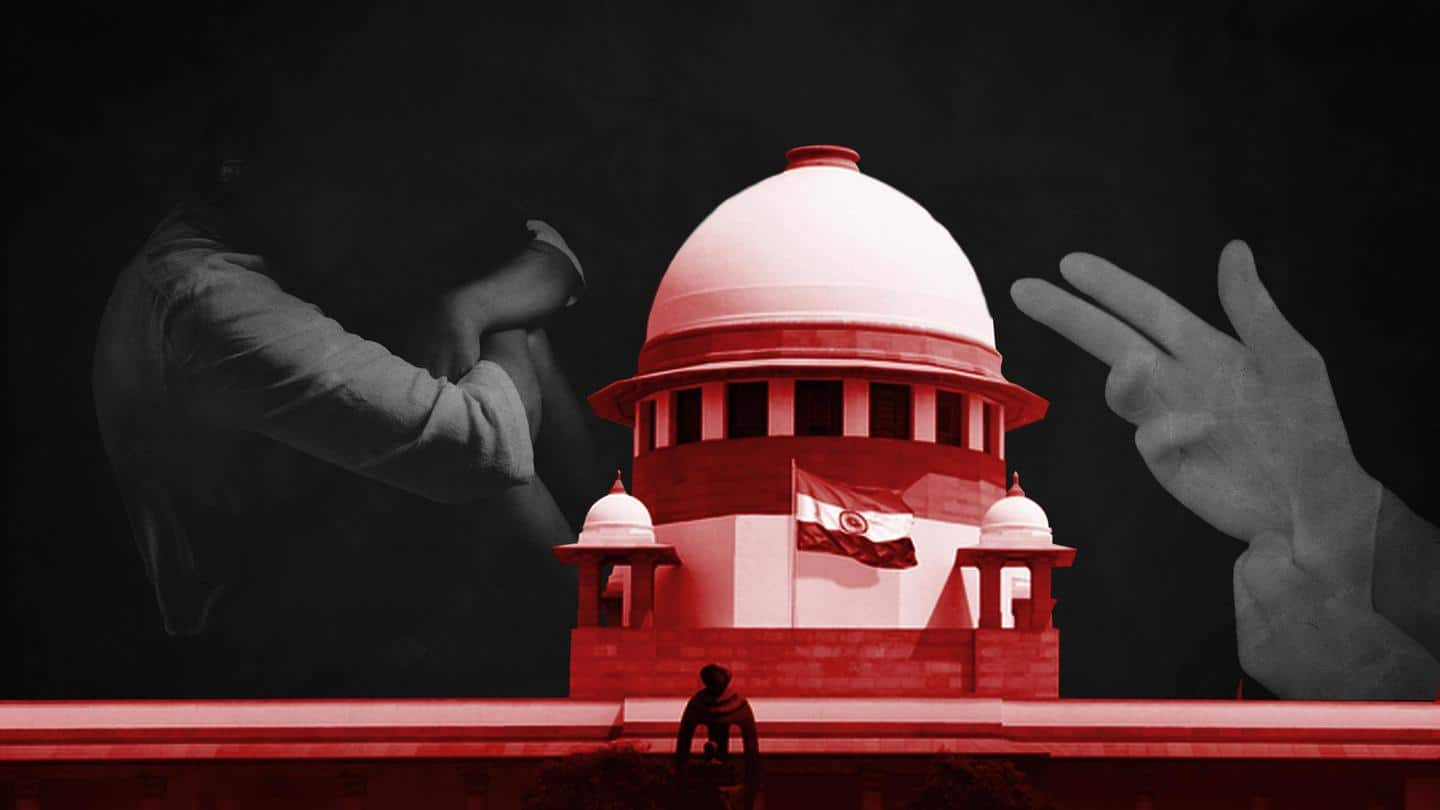
Supreme Court bans two-finger test in rape cases: Details here
What's the story
The Supreme Court on Monday imposed a ban on using the two-finger test in rape cases, calling it "patriarchal" and "unscientific."
Anyone found performing the test will be held guilty of misconduct, it added.
The observation by the bench of Justices DY Chandrachud—set to become the Chief Justice of India on November 9—and Hima Kohli came while restoring conviction in a rape-murder case.
Context
Why does this story matter?
The top court deemed the two-finger test unconstitutional in 2013. However, the practice continued undeterred.
In April, the Madurai bench of the Madras High Court, too, directed the Tamil Nadu government to ban the test.
Last year, a woman officer of the Indian Air Force (IAF) alleged that she was subjected to the illegal two-finger test to confirm her sexual assault by a colleague.
Information
Survivor's sexual history immaterial to case: SC
The SC bench observed the two-finger test is patriarchal in nature as the basis of the test is that sexually active women cannot be raped.
It said evidence of the survivor's sexual history is irrelevant to the case and expressed regret that the test continues to be used.
The bench also ordered the test be removed from study materials and books of medical colleges.
Twitter Post
'This court has time and again deprecated the use of two-finger test'
it instead re-victimises and re-traumatises women. The two finger test must not be conducted....The test is based on an incorrect assumption that a sexually active woman cannot be raped. Nothing can be further from the truth.
— Live Law (@LiveLawIndia) October 31, 2022
Information
Form guidelines, conduct workshops, review curriculums to ensure: SC
The bench also directed the Union and state governments to formulate guidelines to ensure the test isn't used, and circulate the same among all public and private hospitals. It also asked authorities to conduct sensitization workshops for health workers and review curriculums in medical colleges.
Observation
Two-finger test re-traumatizing for survivor
Moreover, the bench termed the test an unscientific invasive method that re-victimizes and re-traumatizes sexually assaulted women.
Justice Chandrachud stressed it was sexist to not believe a woman claiming she was raped merely because she was sexually active.
In 2013, the SC directed the Centre to replace the test, saying that even if its report was affirmative, it couldn't be used to presume consent.